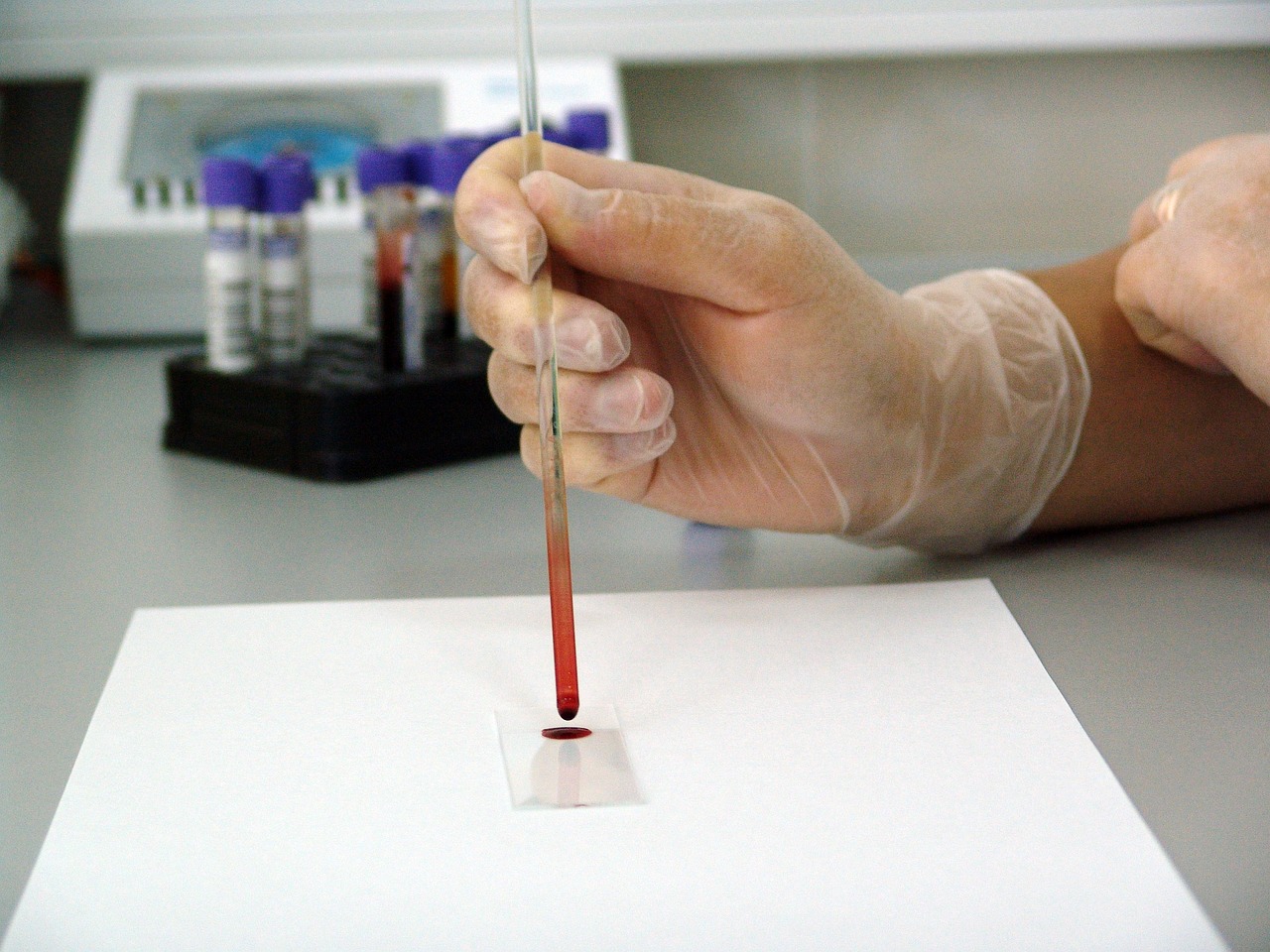News release
From:
Estimated Lifetime Gained With Cancer Screening Tests
About The Study: The findings of this systematic review and meta-analysis of 18 long-term randomized clinical trials involving 2.1 million individuals suggest that current evidence does not substantiate the claim that common cancer screening tests save lives by extending lifetime, except possibly for colorectal cancer screening with sigmoidoscopy.
Expert Reaction
These comments have been collated by the Science Media Centre to provide a variety of expert perspectives on this issue. Feel free to use these quotes in your stories. Views expressed are the personal opinions of the experts named. They do not represent the views of the SMC or any other organisation unless specifically stated.
Professor Mark Jenkins is the Director of the Centre for Epidemiology and Biostatistics, School of Population and Global Health at the University of Melbourne. Mark heads Australia’s Bowel Cancer Screening Alliance, an Australia-wide multidisciplinary collaboration of leading experts focused on research to increase participation in the National Bowel Cancer Screening Program
Recent reporting of findings from new research may lead to a misunderstanding about the importance of bowel cancer screening,
The Journal of the American Medical Association (JAMA) published a review by the University of Oslo looking at clinical trials of commonly used cancer screening tests to understand if they prolong life. It included claims that bowel cancer screening using a home test kit might have little effect in saving or extending people’s lives.
The National Bowel Cancer Screening Program (NBCSP), which mails screening kits every two years to 50–74-year-olds, unequivocally saves lives by preventing deaths from bowel cancer.
Randomised trials are the gold standard of scientific evidence and show that screening via the home test over the past 10 years has reduced deaths from bowel cancer in Australia by 23%.
Based on this data, over a 25-year period (2015-2040), the current screening program will save 59,000 Australian lives. That’s approximately 50 lives every week.
It is unfortunate this recent report, which paints a false and negative picture of bowel cancer screening, comes at a time when many dedicated people and organisations are working hard to increase the current low 40% participation rate of eligible Australians in the NBCSP. If this could be increased to 60%, an additional 24,800 lives could be saved, or another 20 lives every week.
The first problem with the review is that it looks at all-cause mortality (i.e. deaths by all causes) which is not particularly relevant when assessing the specific effectiveness of bowel cancer screening.
Most deaths are not caused by bowel cancer and therefore cannot be prevented by the early detection and treatment that regular screening enables.
There are approximately 170,000 deaths per year in Australia due to hundreds of different causes such as accidents and diseases. Only 3% of these (5,300) are due to bowel cancer. So the effect of bowel cancer screening on all deaths due to all causes is unlikely to be noticeable and is obviously not relevant to assessing the effectiveness of a screening program.
The second problem with the study is that it only examines mortality and therefore provides no information on the benefit of bowel cancer screening on illness and quality of life.
Completing the home test kit can detect cancers early when they are more treatable and even prevent bowel cancer before it begins. Both of these will reduce the number of people suffering from bowel cancer which can cause devastating and long-lasting illness.
Bowel cancer screening is not designed to increase the lifespan for everyone with every disease, but rather to reduce bowel cancer deaths and the negative impacts of the disease on those affected by it. And it is highly effective in achieving this.



 Australia; International; VIC
Australia; International; VIC



